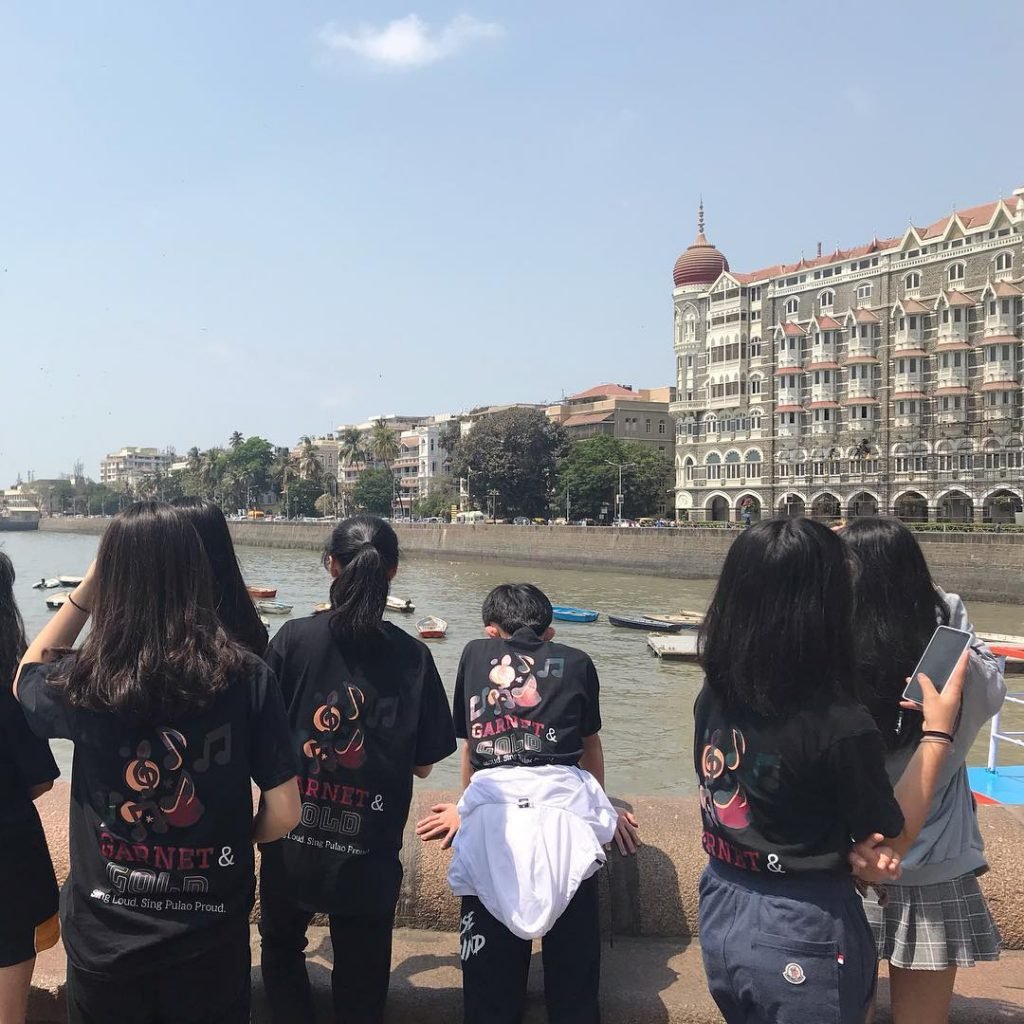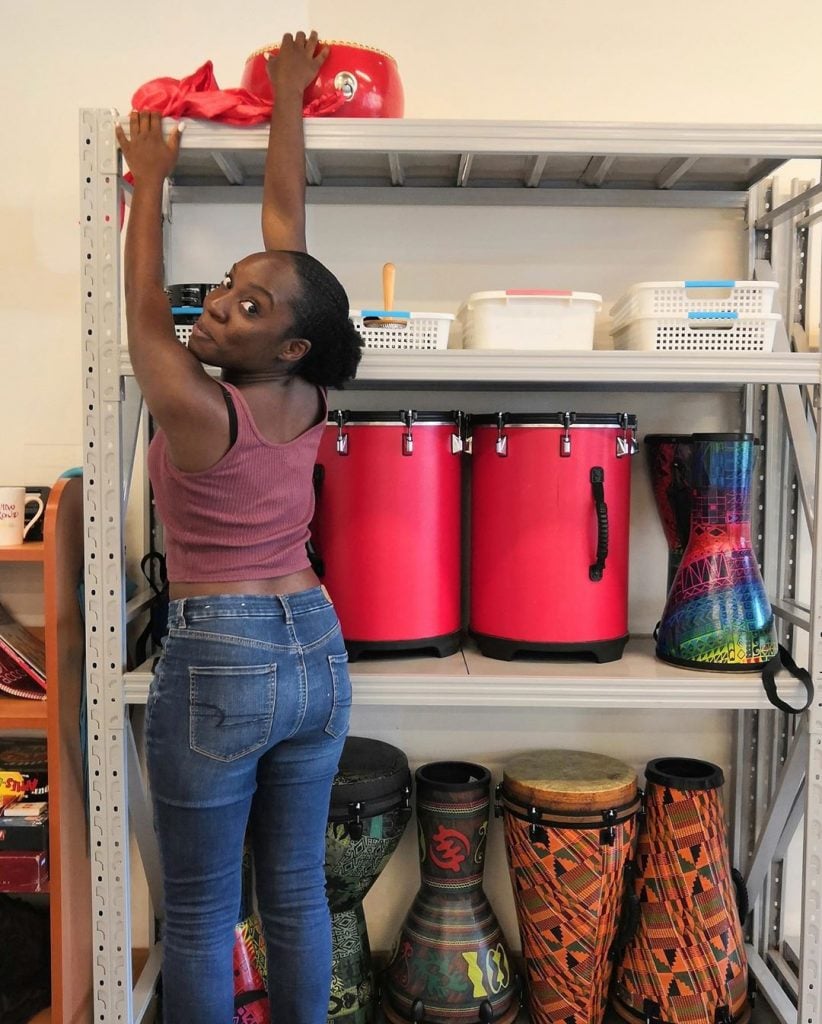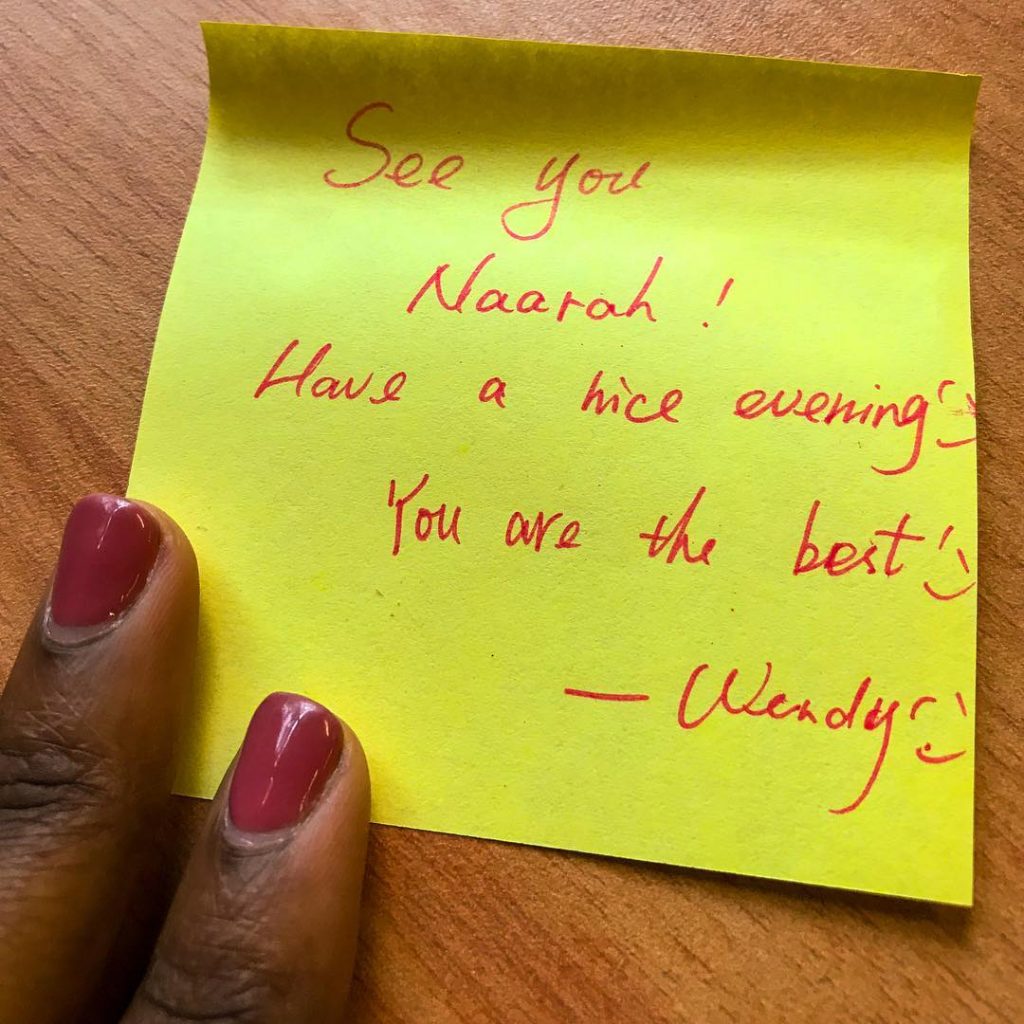Table of Contents
Travel: An Interactive Museum
Imagine visiting a country with a culture completely different from yours: the food, mannerisms, and societal expectations. In this moment, this life seems exciting, like walking through an interactive museum. You’re encouraged by friends and fellow tourists to take a picture of everything (and don’t forget to use your travel agency’s company hashtag). All things around you are instagram worthy and in just a few days or weeks time, you will go back to the normal comforts of home. You will tell everyone about your amazing adventures and how you have been forever changed.
Weeks go by… you’ve returned home, comfortable, and back in a routine. Life really has not changed that much other than a new bank of experiences in your head. In this moment, you realize that you miss adventure. You’ve found that your time abroad has been on your mind more frequently. Perhaps you have been bitten by what travelers like to call “The Travel Bug.” You’re a teacher, and you decide to take your passion for education to a different context. You choose to find a job teaching at a school in the country you loved so much.
Time goes by… you’ve moved to your new home officially and have begun to settle into your new surroundings. In this moment, the interactive museum has become your life. You are free to move through it at any time, instagramming your area, the food, the people.
Real life in a Real Place
Eventually, the “instagram factor” falls away. You are left with the fact that this is no longer a novelty to you. This is just life. You go to the grocery store every week like everyone else, you plan lessons like other teachers back home, you go out to dinner with co-workers at the local noodle spot. Everyone goes there on a Friday night–a ritual very similar to the pizza joint that all your co-workers went to at your last school. Perhaps you get a cat to keep you company on those exhausting nights after a long day at school. You and you neighbor, who has a dog and is a local, can laugh with each other at the animal fur on both of your clothes as you leave for work.
Life becomes somewhat normal. The “hashtag factor” disappears. Yet still, people stare and point you out to their children as you walk to the bus station in the morning. It’s slightly irritating, but it has truly become your new normal as you smile and wave to them. In this moment, you are faced with a decision: to choose to accept this as your new life, living a completely average life in a completely not average setting. Or, you can decide that this is not what you had hoped for. The stares are getting to be too much and you can do much of what you’re doing here back at home.
In my moment, I chose to stay and get the most out of my experiences that I possibly could. In that moment, I remembered the one thing that kept me wanting to come back — connection.
Connecting with a New Culture
Teaching in China has allowed me to have a unique connection with the people of this country that I had never imagine I’d experience. I get to see Chinese society through the eyes of its future — my students. They talk to me about their perspective on both traditional and modern customs. I hear stories of their lives outside of school: weekends filled with SAT classes and extra math classes they take to get a head start on college. For many, much of their time is spent in ballet, piano, guitar, soccer trainings, or i
nstrument classes. They even participate in traditional Chinese instrument classes (that some think is a waste of time because, to quote a student of mine, “EDM is the future of music”). Their lives mirror those of many teenagers in the Western countries I am more familiar with but are also filled with different societal pressures. This has been intriguing and eye opening.
Teaching in China has allowed me to learn more about myself and to be confident in who I am. As a foreigner who prominently stands out from the crowd, people easily make snap judgements about me. In spite of that, I’ve decided to always remind myself that the only person who can define who I am is me.
Finding Common Threads
As a full-time music teacher, I have heard many stereotypical questions about the work I do with my students: that my students must all know how to play piano…that it must be easy managing a classroom of students that always work hard…that my students must have great lives being so wealthy (many students are in international schools). In my experience, these stereotypes are not reality.
I have had classes full of students who know nothing about the piano other than the fact that people who can play are pretty cool. I have had students fight in my class. I’ve taught very difficult classes where students were very unkind to each other, students who refused to work and insisted on creating ruckuses in my classroom. I have students who are so wealthy and whose parents are always out of town, doing big business ventures. These children are left at home by themselves, or perhaps with the house keeper who cleans a few times a week.
My experiences in China have led me to see the vast humanity in all of us. I have heard so many times throughout my life that “all humans are the same,” but now, I feel that truth. I have made so many connections through my students, my hobbies, music making, teaching and more that I no longer feel as though I’m living in an interactive museum. I am living life as a regular teacher, fully at home in country not-so-regular to me and it has changed my life for the better.







“I get to see Chinese society through the eyes of its future — my students”. Love it Naarah!